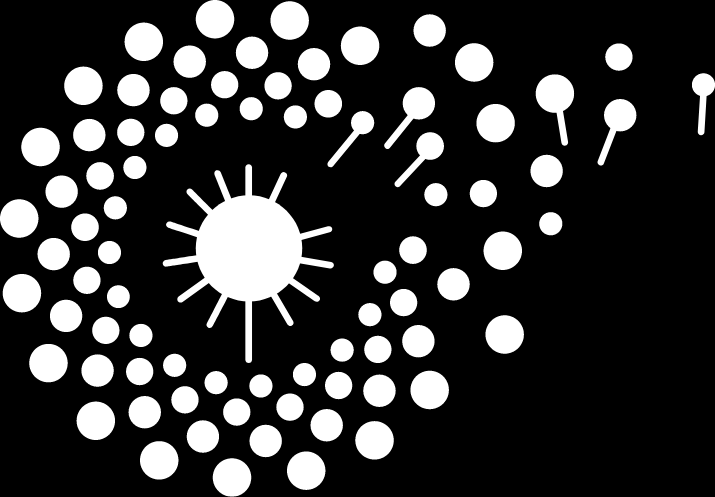Hospicing Modernity by Vanessa Machado De Oliveira
Chapter 2.2: Mapping Horizons of Possibility
Understanding Theories of Change and Language
Within various gatherings discussing social and global change, a recurring observation is the tendency for individuals to assume a universal perspective and language, creating confusion and conflict. A theory of change generally consists of problem identification, its nature analysis, a vision for improvement, and next steps towards it. However, different people may not align with every part of the theory and may attribute different meanings to similar terminologies. By using meta-analytical tools to map these approaches, people are invited to practice self-reflexivity, considering the cultural and interpretive differences in conversations about change.
Diverse Responses to Modernity
Modern societies' responses to global crises are shaped by their perception of modernity's role. Such perspectives can fundamentally be categorized by those who defend modernity and those who find it defensible or unsustainable. Each viewpoint advocates different strategies for reforming or replacing modern systems, such as expanding markets, improving democracy for equity and sustainability, creating new systems of community autonomy, or assisting the old system's transition.
Soft-, Radical-, and Beyond-Reform Orientations
The text introduces a social map distinguishing between soft reform, radical reform, and beyond reform approaches to modernity. Soft reform focuses on incremental changes within institutions to include marginalized groups under prevalent societal norms, often requiring assimilation without truly challenging the power dynamics. Radical reform seeks more substantial changes to redistribute power and resources, recognizing the oppressive underpinnings of societal structures. Beyond-reform acknowledges that foundational principles of modernity must be replaced due to their extractive and unethical nature, as modern institutions are unsustainable for a thriving future.
Specific Orientations Detailed
A deeper dive into each orientation reveals the nuances of these perspectives. Soft reformers see social injustice as a lack of access to modernity's 'gifts' and aim to tweak existing systems. Radical reformers advocate for a fundamental restructuring of the power dynamics and a reimagining of knowledge exchange and resources. Beyond-reformers see a need for new ways of being and knowing, suggesting that the end of modernity's institutions is inevitable, and we must prepare to learn from its demise and lay the groundwork for future systems.
Engaging with Modernity through Experiential Exercises
Finally, the chapter closes by encouraging the reader to take a break and reflect on their position within these orientations on their 'bus’ of work. Additionally, the text reflects on the symbolism of dying olive trees in relation to modernity, emphasizing the insight that modernity, like these ancient trees, may be approaching an inevitable end. The chapter then provides an imaginative exercise for engaging with modernity as an entity, suggesting that by understanding and letting go of current configurations, we may humor modernity in a 'game of hide-and-seek,' learning from it in whatever form it takes next.
The overall message is that changes within modernity's systems require an understanding of the complex interplay of methodological, epistemological, and ontological critiques. By mapping out approaches and being self-reflective, we encourage constructive engagement with the possibilities for systemic change, leading to a more thoughtful dialogue and action towards social transformation.

